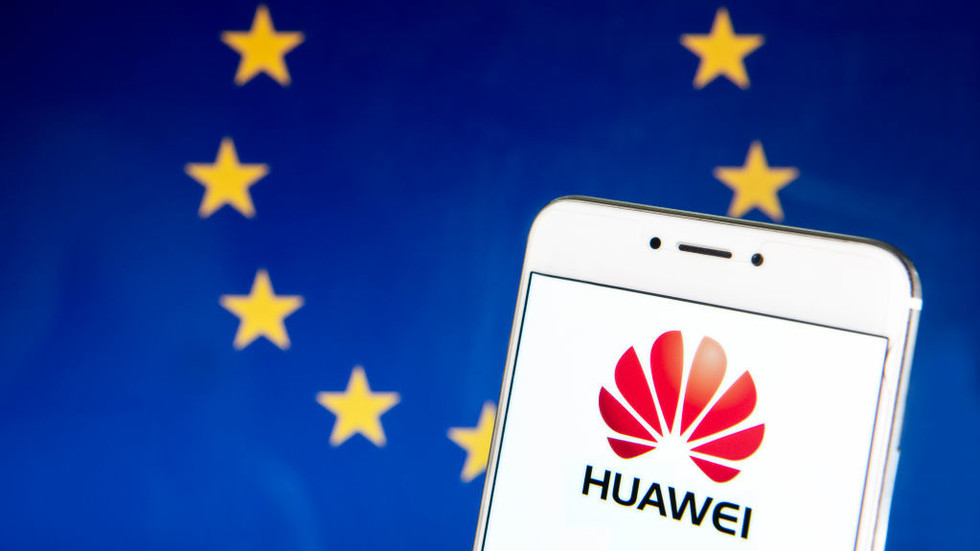EU Moves to Ban Huawei and ZTE Telecom Equipment
The European Union is preparing to force member states to phase out telecommunications equipment from Chinese giants Huawei and ZTE, according to a Bloomberg report. This proposed ban marks a significant escalation in the ongoing trade tensions between Brussels and Beijing.
Key Takeaways
- The EU plans to make its 2020 recommendation on excluding “high-risk” vendors a legally binding requirement.
- The ban would cover mobile network gear and fixed-line infrastructure, including fiber optic expansions.
- Non-EU countries are also expected to be urged to join the coalition against Chinese telecom suppliers.
From Recommendation to Regulation
European Commission Vice President Henna Virkkunen is spearheading the effort to transform a voluntary 2020 guideline into a mandatory legal rule. If adopted, this regulation would apply comprehensively to both mobile and fixed-line network infrastructure.
Member states that fail to comply could face infringement proceedings and financial penalties under Brussels’ enforcement powers, shifting telecom security decisions from national to EU level.
Divergent Approaches Within EU
While Sweden implemented restrictions on Chinese vendors in its 5G networks years ago, other members continue using Chinese technology. Germany and Finland are now reportedly considering tighter restrictions on Huawei and ZTE equipment.
China’s Response and Broader Trade Conflict
Beijing’s Foreign Ministry has condemned the proposed measures, stating that banning Chinese companies “through administrative means without any legal grounds or factual basis severely violates market principles and the rules of fair competition.”
This telecom equipment ban represents the latest escalation in EU-China trade tensions. Earlier this year, the Dutch government seized control of Netherlands-based chipmaker Nexperia, owned by China’s Wingtech Technology, citing risks to Europe’s technological security. Beijing retaliated by banning exports of Nexperia-made chips from China, reportedly forcing Amsterdam to consider returning control of the company.




